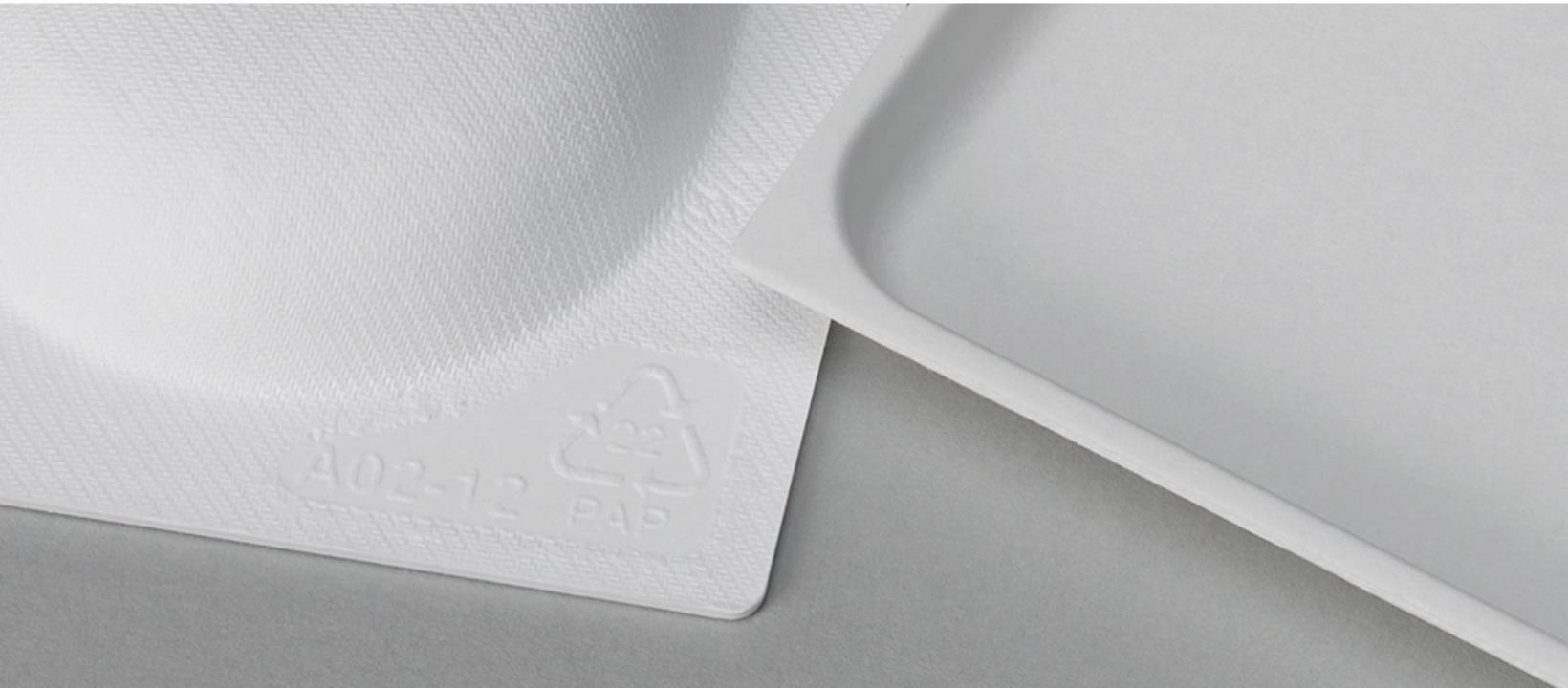It’s been part of most major companies’ ethos to be a little more environmentally friendly as the world continues to deal with climate change. Google has been pretty vocal about their sustainability plans and they have previously unveiled their climate action plan for the next decade. They’re now providing updates as to their efforts in this aspect and part of this is their commitment to include recyclable materials in all their products by 2022 and to have 50% sustainable and renewable materials in all their products by 2025.
Actually, when it comes to that first part, Google has already met the commitment as all other new Pixel and Nest devices are designed with recycled material. For example, the recently released Pixel 5 has a back cover that is made from 100% recycled aluminum, making it their first smartphone that incorporated that material. The new Nest Audio also has 70% recycled plastic including its acoustic fabric. The latest Nest Thermostat has a trim plate made from 75% post-consumer recycled plastic.
They are also changing their original goal and they are now committing to having all their hardware products to have at least 50% recycled or renewable materials. They say this is “way beyond industry standards” and they are confident that this is an achievable goal. Another ambitious goal is to achieve UL 2799 Zero Waste to Landfill certification at all final assembly manufacturing sites by 2022.
Packaging is also a huge source of carbon footprint and so Google is also focusing on that. They’re already making steps towards this by shipping all Made by Google hardware 100% carbon neutral. But by 2025, their commitment is to have 100% plastic-free packaging and also making it 100% recyclable. They will be looking towards discovering alternative and recyclable materials they can use in packaging.
Their climate action plan is something that Google seems to be taking seriously. Hopefully other OEMs will follow suit as electronics are some of the biggest polluters in the world right now.
